Pea Protein vs Hemp Protein: Which One to Pick?
Author:
Unlock your full potential by engaging with our experts and community! Have questions about your fitness journey or looking for expert advice on weightlifting techniques? Don’t hesitate — leave a comment below and Oleksandr Maksymenko will provide a personalized answer and insights to help you reach your goals.
Torokhtiy is reader-supported. Some links are affiliate links, and we may earn a commission at no extra cost to you. See our disclosure page for details.
When looking for a vegan protein supplement, you are likely comparing pea protein vs hemp protein. These are two of the most common forms of dairy-free protein, and they both have their own pros and cons. In this article, we’re going to be breaking down which one is right for you.
Pea protein has a better balance of essential amino acids, higher protein and BCAA content. In hemp protein, you’ll find omega-3 fatty acids, more fiber per serving, and more amino acid arginine. They are both good choices for those looking for a cheap and convenient source of vegan protein.
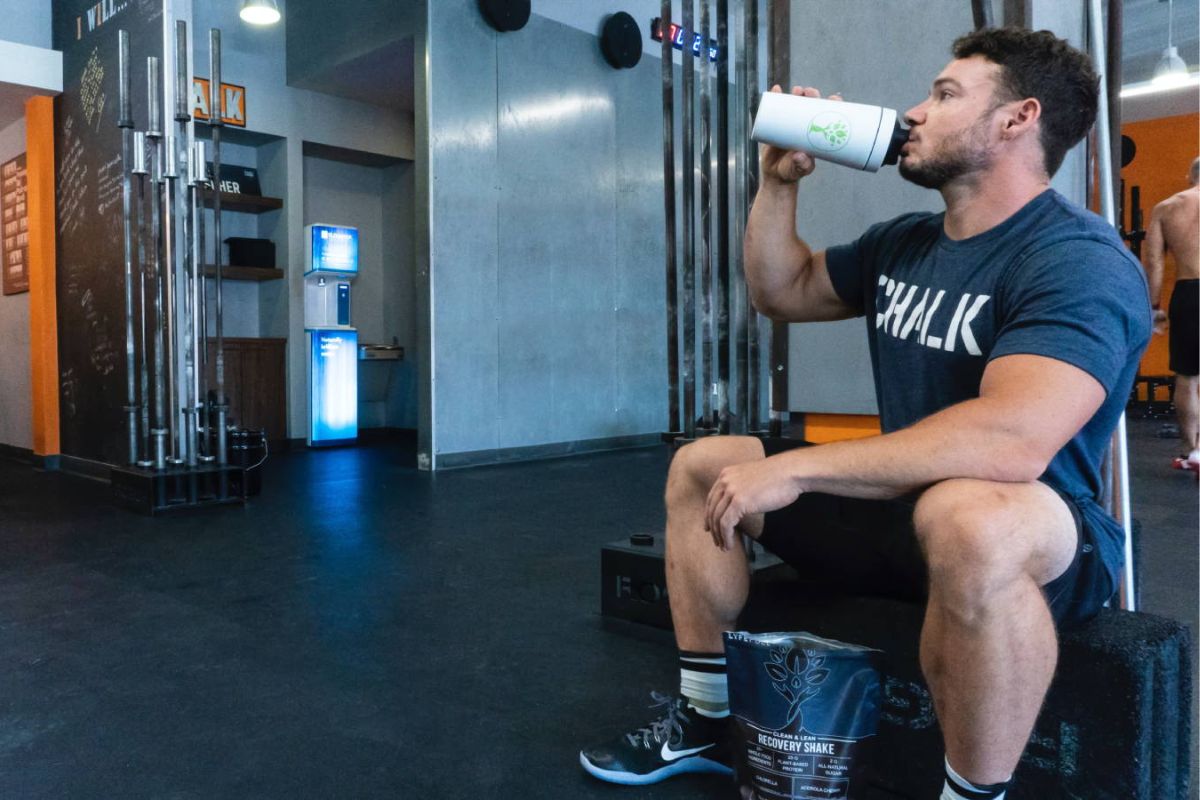
What’s Pea Protein?
Pea protein is most commonly found in powder form and is derived from yellow peas. For the production of pea protein, the outer shell of raw material is removed using mechanical methods, after which the peas are grounded into flour, which contains protein, fiber, starch and other components. Flour is then mixed with water and during filtration the protein part is separated from fiber and starch. A paste is formed, which is dried and further grounded into a powder form.
It is an excellent alternative to whey protein powder for those looking for a dairy-free option. It has one of the highest protein contents of any vegan protein supplement on the market and is commonly used in blends alongside rice protein, hemp protein and other sources.
Rice protein is often added to pea protein. This is because pea protein is low in methionine but high in lysine, while rice protein is high in methionine but low in lysine. In this way, adding rice protein to peas improves the ratio of essential amino acids and allows you to get an excellent source of protein that any vegan will appreciate!
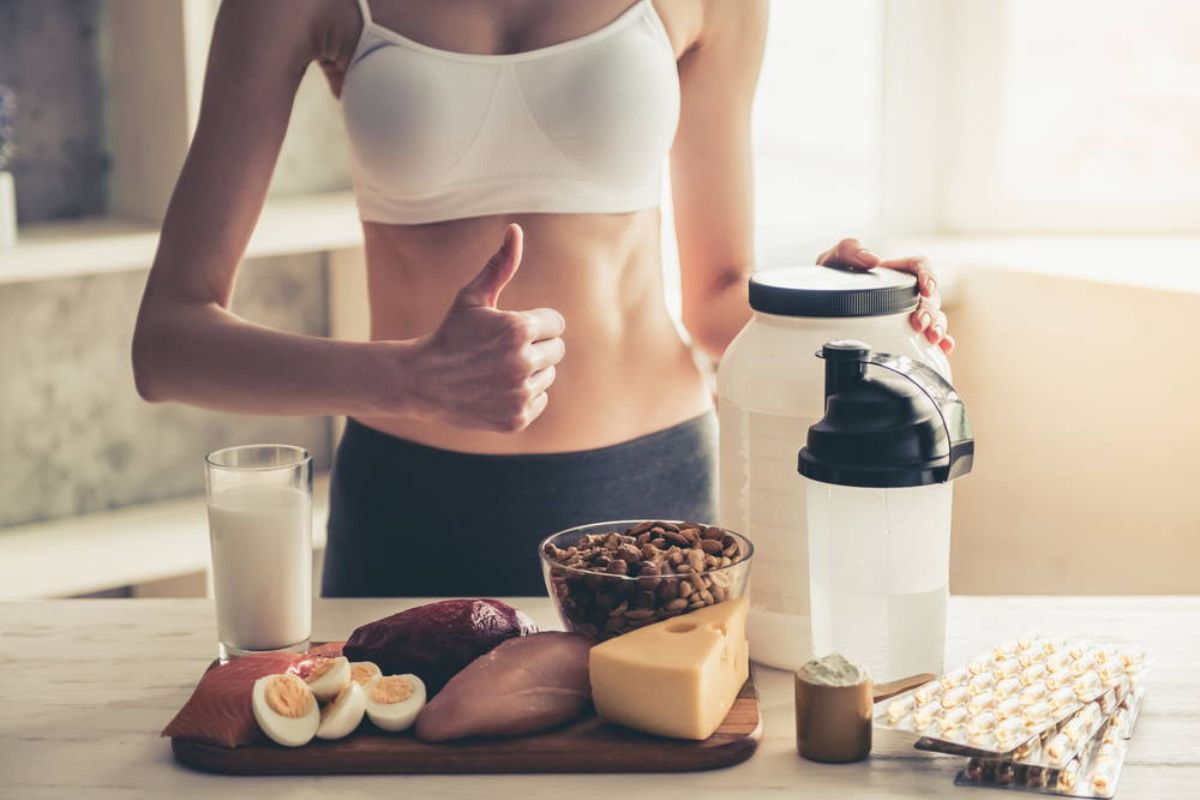
What’s Hemp Protein?
Hemp protein is another dairy-free protein powder, which is instead extracted from hemp seeds. Hemp seed is rich in oil, therefore, the process of protein extraction for hemp seed protein begins with defatting – using salt-pressing and solvent extraction. First, the oil is extracted into hemp seed oil, and the remaining byproduct in a form of seedmeal is processed into hemp seed protein. Using enzymatic and liquid extraction methods, fiber, starch and other water-soluble and water-insoluble non-protein constituents are removed. After additional processes, we get hemp protein powder.
It’s a decent source of vegan protein that contains omega-3, as well as a significant amount of fiber. It is also used in vegan protein blends alongside the other proteins listed above.
Interestingly, unlike its competitor, hemp protein contains enough methionine, but lacks lysine. In this context, they switched places. For the same reason, both proteins are excellent sources for complementing each other.
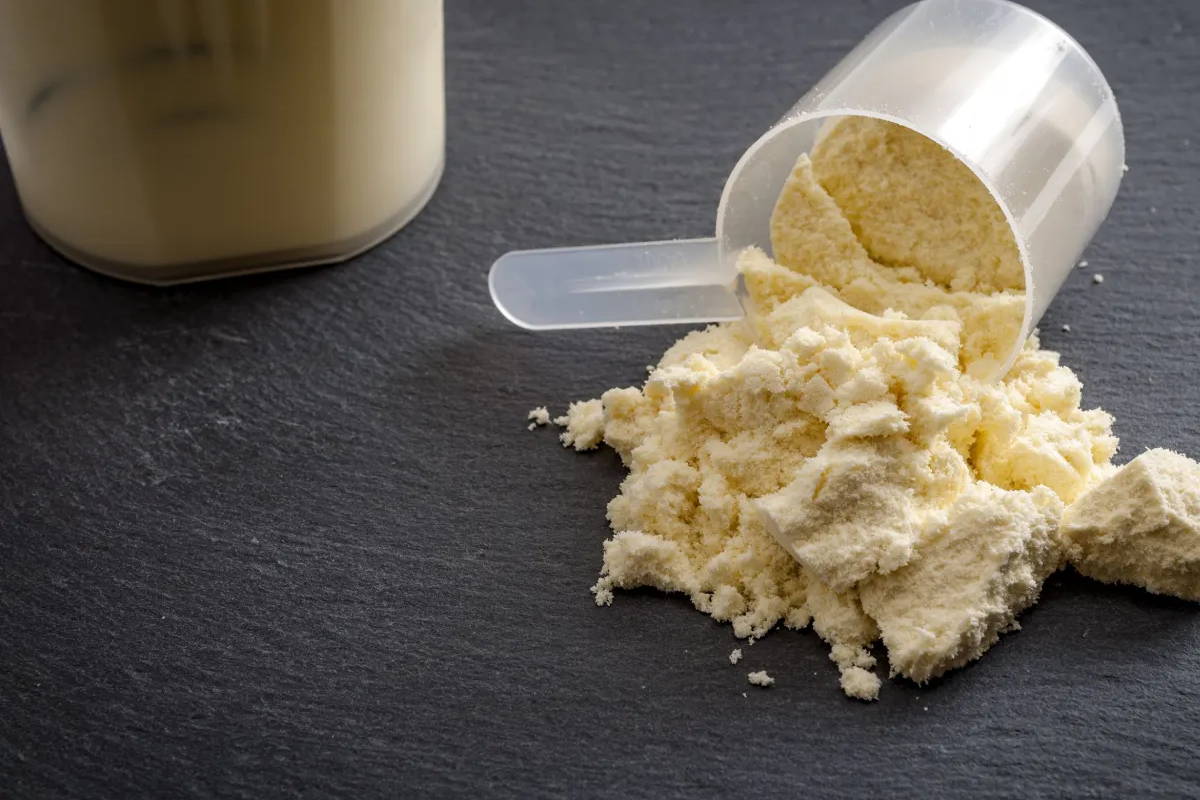
Pea Protein vs Hemp Protein
When comparing hemp protein vs pea protein, there are many similarities. They are both great sources of vegan protein that would make a healthy addition to most diets. Especially if we’re talking about a meal plan that includes different sources of plant-based protein from whole foods: legumes, grains, nuts, and seeds.
Also, both proteins have good digestibility, considered relatively less allergenic and naturally gluten-free.
However, some differences between them may make them more or less appealing. Ultimately, in terms of their flavor and texture, it will come down to a matter of personal preference. The main difference between hemp and pea protein comes down to their nutritional profile.
1. Average Protein, Carbs, & Fats content
On average, a serving of pea protein contains 20-25 g of protein, but you can find products with 27-30 g of protein per serving. Pea protein contains 2-4 grams of fat, although you can find options with 0.5 g per serving.
Hemp protein powder contains less protein and slightly more carbohydrates and fats, but has 2 times more fiber. See the comparison table.
| Type | Serving Size (dry powder) | Protein per Serving | Carbs per Serving | Fats per Serving | Dietary fiber per Serving | Calories per Serving |
|---|---|---|---|---|---|---|
| Pea Protein Powder | 33-40 g | 20-25 g | 2-8 g | 2-4 g | 1-3 g | 120-150 kcal |
| Hemp Protein Powder | 30-32 g | 15-20 g | 2-10 g | 3-6 g | 3-6 g | 120-140 kcal |
A significant advantage of pea protein is that it is an excellent plant-based source of BCAAs, including the most anabolic amino acid, leucine. And unlike hemp protein, pea protein manufacturers often list information on the amount of BCAAs in one serving. The average amount of these amino acids is 4.5-5 grams per serving, of which 2-2.5 grams are leucine. In this component, pea protein does not lose much even to whey protein.
By the way, both pea and hemp proteins contain a significant amount of iron per serving – 3-8 grams (depending on the brand and specific product).
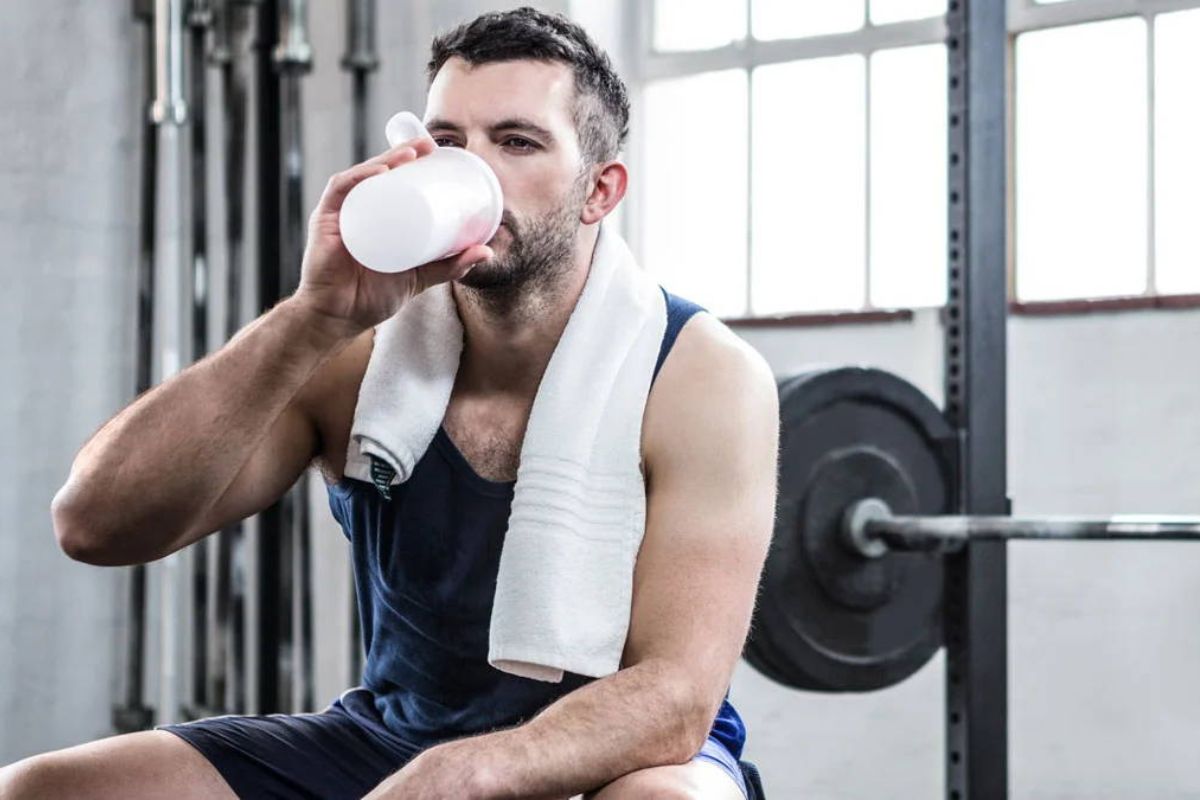
2. Price per Serving
A serving of pea protein costs about $1 or slightly more, while a serving of hemp protein costs an average of $1. Considering the amount of protein, the overall amino acid profile, and the advantage in the context of BCAA (+ leucine), pea protein wins.
Pea Protein vs Hemp Protein: Summary
Although both of these products are good alternatives to animal protein and are very similar in terms of calories per serving, iron content, and price per serving, there are significant differences between them. For your convenience, we will consider the advantages and disadvantages of each of them.
Pros & Cons of Pea Protein
Positives:
Could be better:
Pros & Cons of Hemp Protein
Positives:
Could be better:
Pea Protein vs Hemp Protein: When to Use Each?
In general, if your diet contains various plant-based sources of protein (tempeh, tofu, beans, nuts, seeds, grains) in sufficient quantity, then you should not worry about the amino acid profile of any of these proteins. However, when pea and hemp proteins are considered in isolation, the former has a significant advantage, as it contains more protein per serving and has a better amino acid profile with more BCAAs.
If you are concerned about the relatively high amount of sodium (salt) per serving and do not like the taste of pea protein, then choose hemp protein as a source of protein and other macronutrients.

Products We Recommend
1. Our Recommended Pea Protein – Chocolate Naked Pea Protein
This is one of the best pea protein isolates on the market. In terms of protein Naked Pea beats the vast majority of products, with 25-27 g per serving. Check the amount of BCAA! The total quantity of branched-chain amino acids in this product is as much as 5.5 grams, of which 2.5 grams are leucine. A worthy competitor even for whey protein! This makes it a great choice for athletes looking to put on muscle, or anybody looking for an additional boost of vegan protein in their diet. And all this for $0.75-1 per serving (based on flavor)!
This product also contains 230 mg of sodium per serving for flavored versions (and only 110 mg for unflavored), while other pea proteins have 260-290 mg, and some even 480 mg! On top of being completely vegan, it is also soy and gluten-free, making it a great choice for a multitude of diets.
Naked Pea also comes in vanilla and unflavored, but we’ve chosen the chocolate for its versatility and flavor. While some Amazon reviews mention a chalky flavor, others note that it is still enjoyable. It’s recommended that you mix it with your favorite non-dairy milk, or in a smoothie with other ingredients to help make it more enjoyable.
2. Our Recommended Hemp Protein – Nutiva Organic Cold-Pressed Raw Hemp Seed Protein
Our pick for a hemp seed protein is Nutiva’s Cold-Pressed raw product. With 15 grams of protein per serving, it certainly does not have as much protein as many other supplements out there, but what it does offer is a more complete nutritional profile. This includes 6 grams of fiber in each serving, 2 grams of omega 3s & 6s, and also large amounts of iron, zinc, potassium, and magnesium, which are often consumed in insufficient quantities. While it may not be as optimal for packing on muscle, it is a great option for those looking for a nutritional boost to their diet. Also this product contains not a single milligram of sodium and not a single gram of added sugar! Like Naked Pea’s product, Nutiva also offers a protein supplement that is completely vegan, and gluten-free.
This protein is unflavored, so it’s recommended you mix it in a smoothie to create your desired flavor. The packaging recommends blending it with a banana and a cup of almond milk. You can also try mixing it into a bowl of oatmeal with a touch of coconut oil. As with most vegan protein powders, reviews still note some complaints surrounding the flavor, but most people say that the suboptimal flavor is more than worth the health benefits provided by Nutiva’s product. It’s a great choice for anybody looking to add a serving of vegan protein to their diet and also get additional bonuses in the form of fiber, omega-3 acids and minerals, which are often consumed in insufficient quantities.
FAQ
Can You Build Muscle With Pea Protein?
Absolutely. Alongside weight training most exercising individuals need 1.4-2 grams of protein per kilogram of body weight (0.63-0.91 g per pound of body weight) to build muscle mass. For vegans, it is recommended to stay closer to the upper range. One serving of pea protein from our recommended product contains 25-27 grams of protein.
In fact, one randomized, placebo-controlled trial found that consuming 50 grams of pea protein daily in combination with strength training resulted in the same increase in biceps muscle thickness as 50 grams of whey protein.
Is Hemp a High-Quality Protein?
Hemp protein contains all 9 essential amino acids, but like some other vegan protein sources, it lacks the amino acid lysine. However, most people consume several plant-based protein sources in their daily diet, so getting the entire set of essential amino acids in needed ratio per day is not a big problem.
What Other Dairy-Free Protein Options Are There?
Some other options available instead of pea and hemp protein include soy, rice, as well as blends of some, or all 4 of these. You can also find protein blends with chickpea, pumpkin or sunflower seeds, as well as beans, quinoa and other sources. This information is listed on the label, look for the “Ingredients” category.
Why Should You Use Hemp Or Pea Protein Powder?
These protein supplements are great for anybody looking to increase their protein intake whether for overall health or for putting on muscle. Especially if you follow a vegan diet, protein goals can be difficult to hit, making these both great additions to your overall meal plan.
Conclusion
Both pea and hemp protein are dairy-free and gluten-free additions to the diet of anyone looking to add extra protein of plant origin. While pea has more protein per serving and better overall amino acids profile, hemp protein is more nutritionally balanced and contains significantly less sodium. This makes them both good choices. Also, they perfectly complement each other due to the different ratio of essential amino acids.
What’s your favorite dairy-free protein powder? Do you have a preference between pea and hemp protein? Let us know your thoughts in the comments section below.
Also read:
- Mixing Oatmeal With Protein Shake
- Protein Powder Mixed With Coffee
- How To Make A Protein Shake Thicker
- How Many Calories Does a Protein Shake Have
- How Many Scoops of Whey Protein per Day
- Ensure vs Premier Protein
- Meal Replacement vs Protein Shake
References:
- Emerging natural hemp seed proteins and their functions for nutraceutical applications // Sciencedirect: https://www.sciencedirect.com/science/article/pii/S221345302200235X
- Composition, physicochemical properties of pea protein and its application in functional foods // Talcottlab: https://talcottlab.tamu.edu/wp-content/uploads/sites/108/2020/01/Protein-1.pdf
- International Society of Sports Nutrition Position Stand: protein and exercise // Jissn: https://jissn.biomedcentral.com/articles/10.1186/s12970-017-0177-8
- Pea proteins oral supplementation promotes muscle thickness gains during resistance training: a double-blind, randomized, Placebo-controlled clinical trial vs. Whey protein // Pubmed: https://pubmed.ncbi.nlm.nih.gov/25628520/
- Position of the Academy of Nutrition and Dietetics: Vegetarian Diets // Higherlogicdownload: https://higherlogicdownload.s3.amazonaws.com/THEACADEMY/859dd171-3982-43db-8535-56c4fdc42b51/UploadedImages/VN/Documents/Position-of-the-Academy-of-Nutrition-and-Dietetics-Vegetarian-Diets.pdf
Why Trust Us?
With over 20 years in Olympic weightlifting, strength training, nutrition coaching, and general fitness our team does its best to provide the audience with ultimate support and meet the needs and requirements of advanced athletes and professional lifters, as well as people who strive to open new opportunities and develop their physical capabilities with us.
By trusting the recommendations of our certified experts in coaching, nutrition, and sports training programming, as well as scientific consultants, and physiotherapists, we provide you with thorough, well-considered, and scientifically proven content. All the information given in the articles concerning workout programming, separate exercises, and athletic performance, in general, is based on verified data.
The product testing process is described in more detail here.
Author: Oleksandr Maksymenko
Certified Sports Nutritionist,
MSc Sports Dietetics
Specializing in: Weight management, Fitness / Sports nutrition
Oleksandr is a professional fitness nutritionist certified by the Fitness Professional Association (FPA). He follows the principles of evidence-based dietetics and fosters a healthy relationship with food in his clients, ensuring there are no strict prohibitions on their favorite foods or frequent lapses. His primary goal is not only to achieve results for you but also to sustain them over the long term, all while enjoying tasty and delicious food.



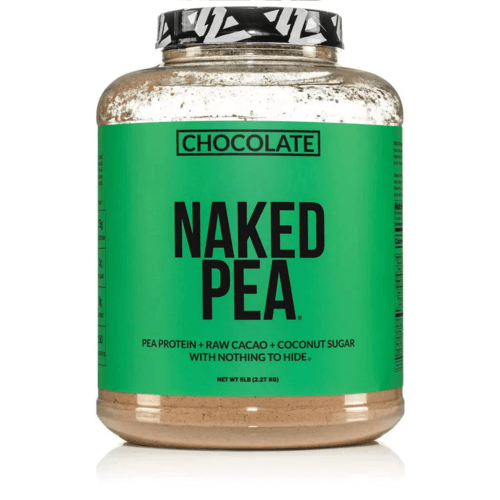
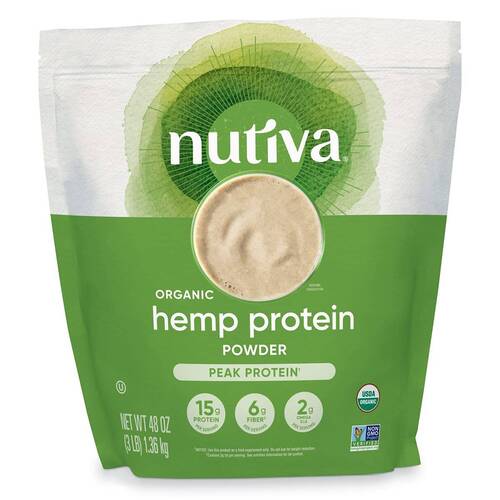
Still have questions after reading our article? Unlock your full potential by engaging with our experts and community! Don’t hesitate — leave a comment below and Oleksandr Maksymenko will provide a personalized answer and insights to help you reach your goals.